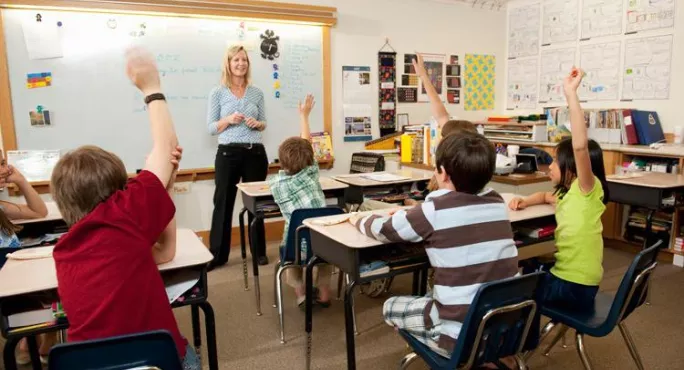MPs have heard concerns about the lack of firm data about the number of children who are in alternative provision.
The Commons Education Select Committee this morning held its first evidence session in its inquiry into alternative provision, questioning three researchers.
Kiran Gill, of the IPPR thinktank, said that we don’t know how many unregistered providers are delivering subcontracted alternative provision.
Ms Gill, who founded The Difference, a programme to develop school leaders who are specialists in supporting children with complex needs, said these providers do not have to tell the Department for Education they exist or register with Ofsted, providing they are small or do not have looked-after children or pupils with statements of special educational needs, or Education, Health and Care Plans.
She also told MPs that schools do not have to declare how many pupils remain on their roll but are educated in off-site alternative provision, so we do know how many children are in this position.
The committee heard that one of the reasons for the rise in children being permanently excluded from school was the existence of perverse incentives for schools to improve their league table positions.
‘A safety valve for the system’
Professor David Berridge, professor of child and family welfare and the University of Bristol, described pupil-referral units as a “safety valve” for the system that removes the most problematic children.
However, he said that most schools are genuinely interested in every pupil’s individual welfare and learning.
Both he and Ms Gill agreed that there were children in alternative provision who should not be there.
The point was echoed by Philip Nye, of Education Datalab, who said his organisation’s research showed that some schools exclude children “to boost their league table performance”.
Ms Gill highlighted situations where children do not meet the threshold for child and adolescent mental health services (Camhs), and schools exclude them to trigger higher funding to meet their needs.
She said: “We spoke to lots of school leaders who said to us, ‘Look, we cannot reach Camhs threshold with this pupil, and we know that if we permanently exclude them they will get more money for their provision,’ and actually there’s sometimes an incentive to exclude because it’s in the best interests of the children.”
The committee announced its investigation into alternative provision in September, as part of chairman Robert Halfon’s pledge to put social justice at the heart of everything the committee does.
Want to keep up with the latest education news and opinion? Follow Tes on Twitter and Instagram, and like Tes on Facebook




